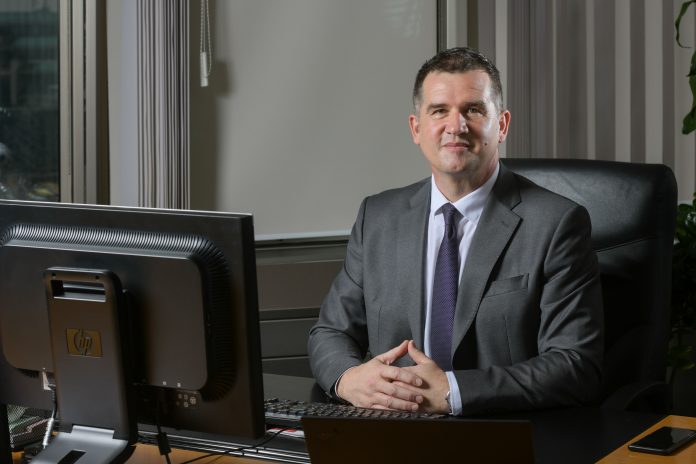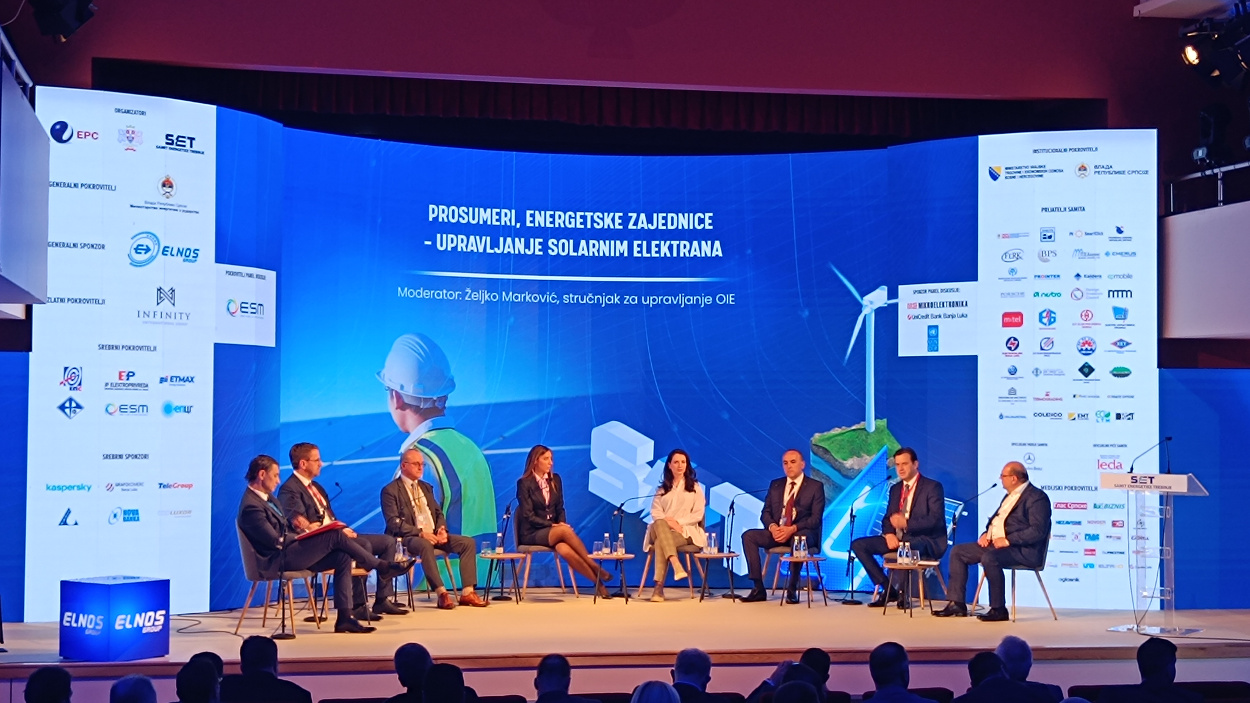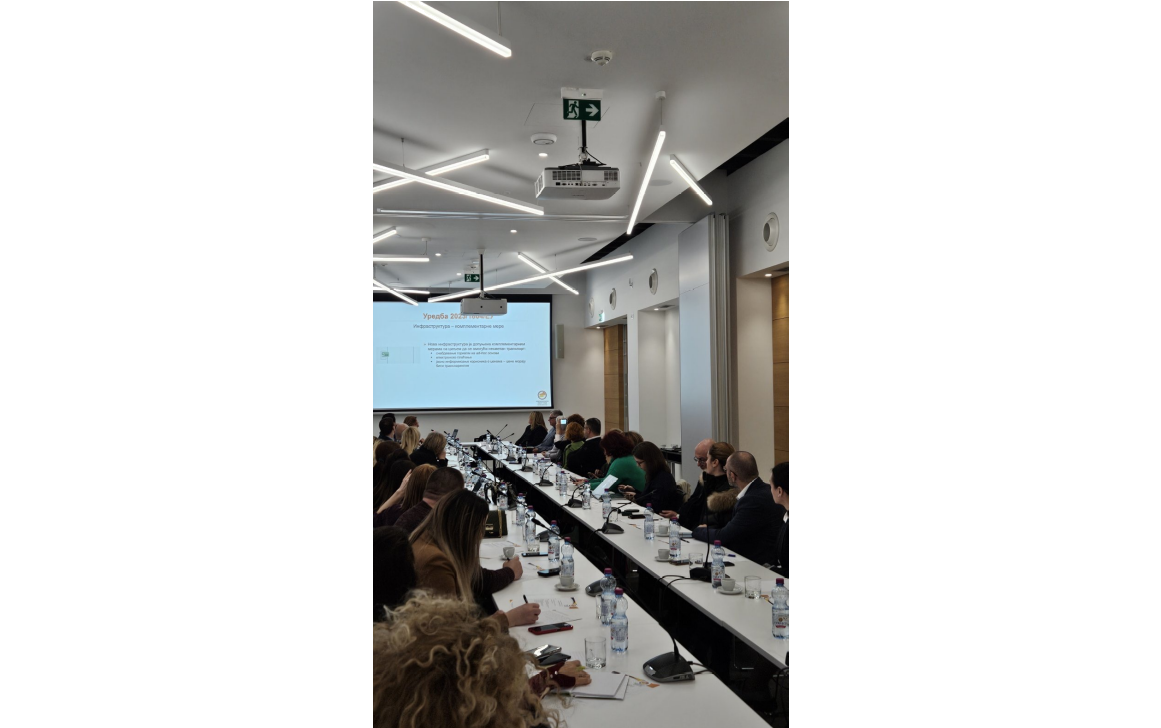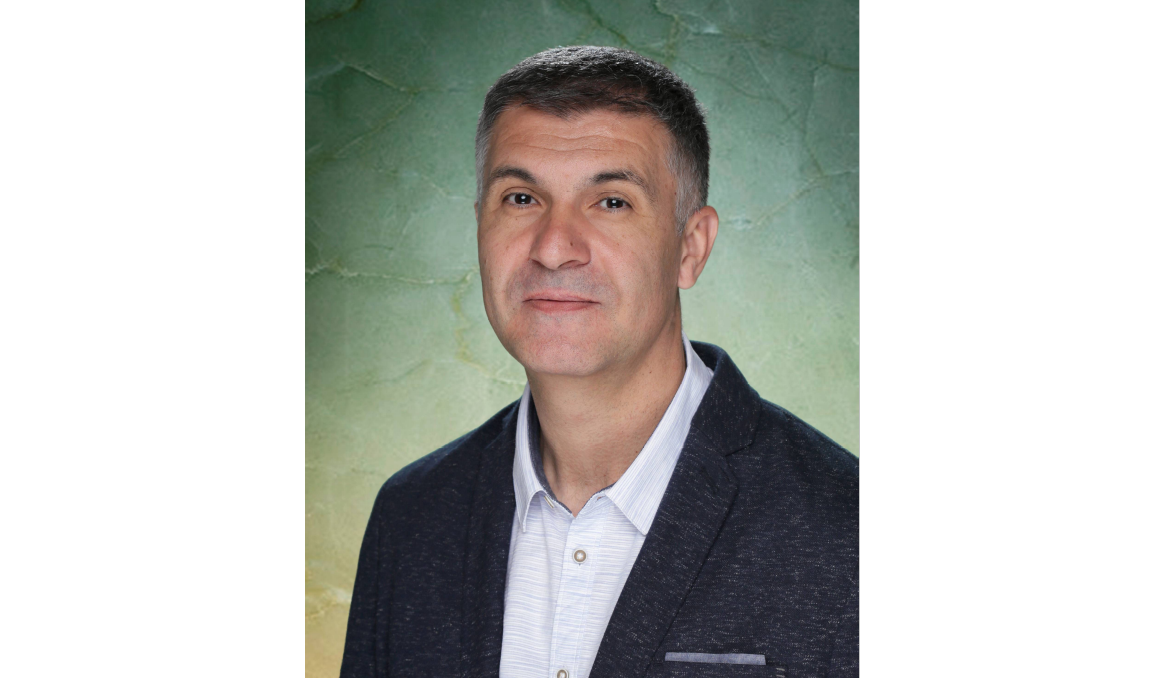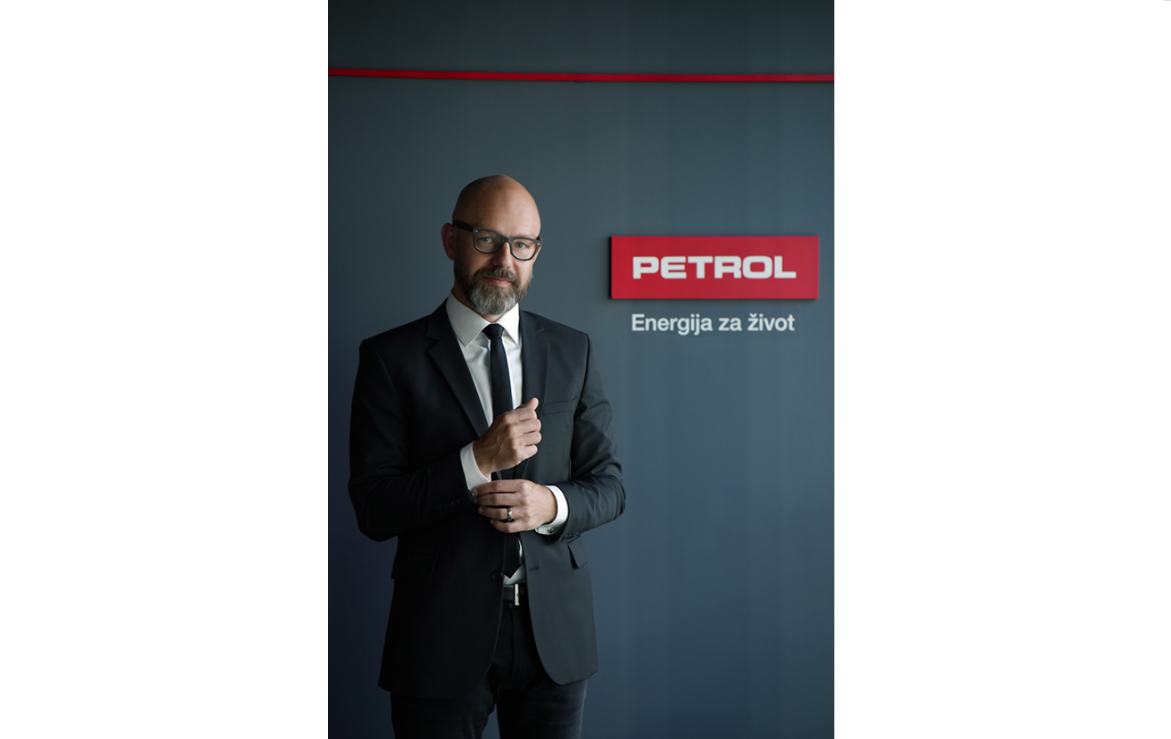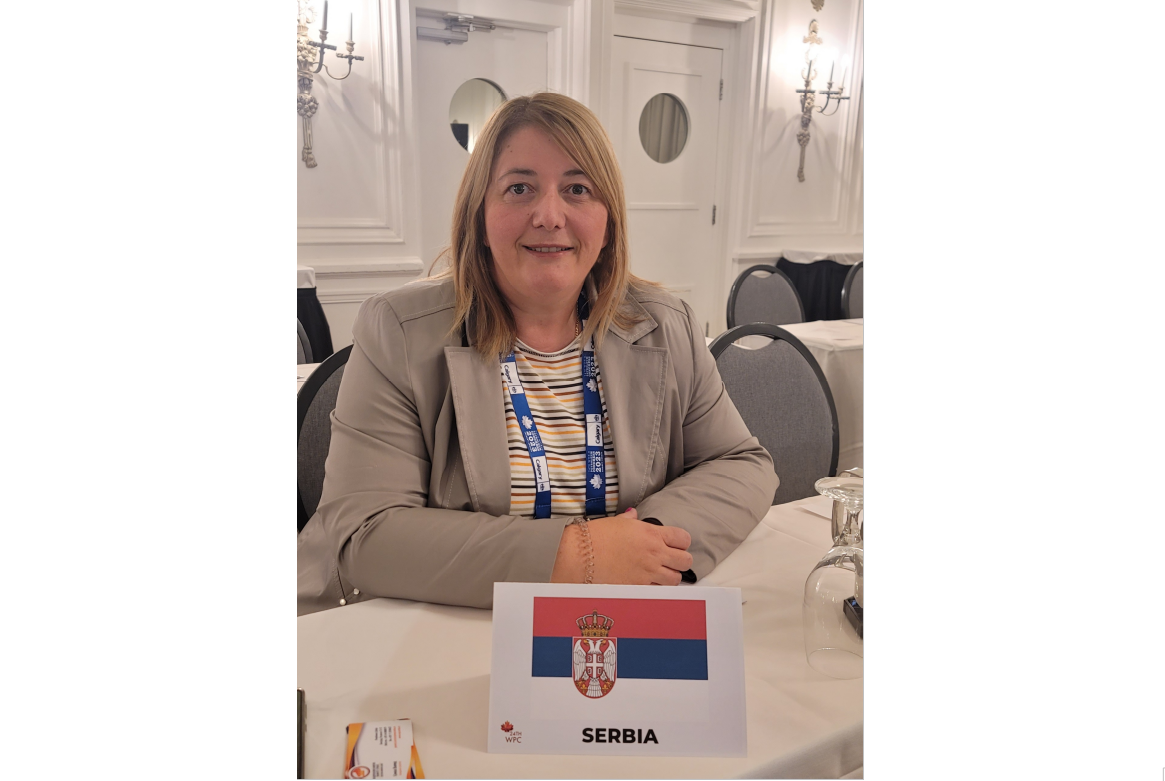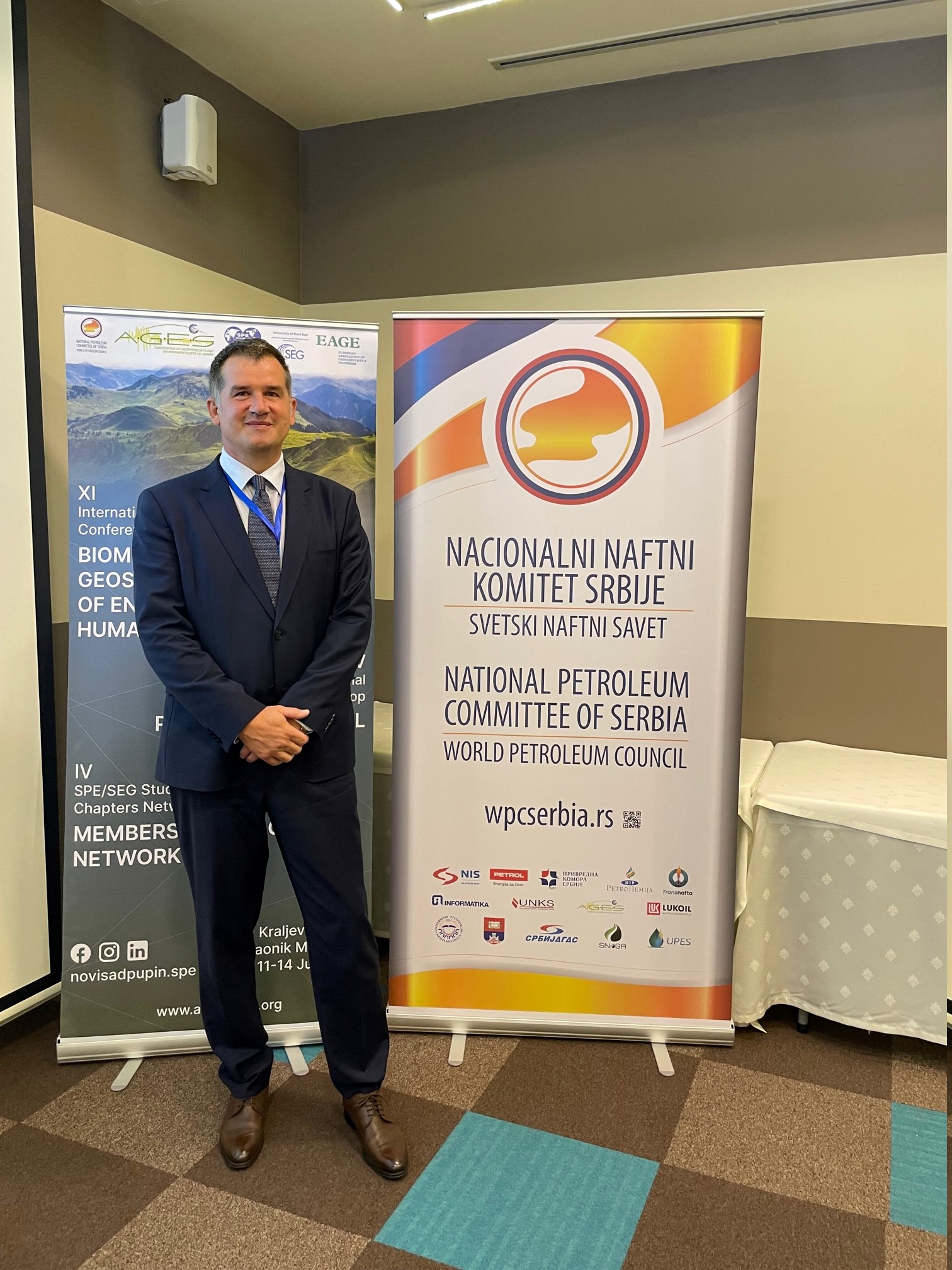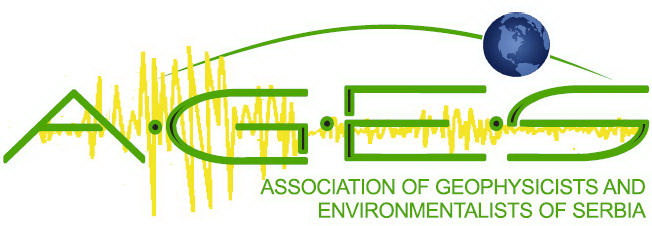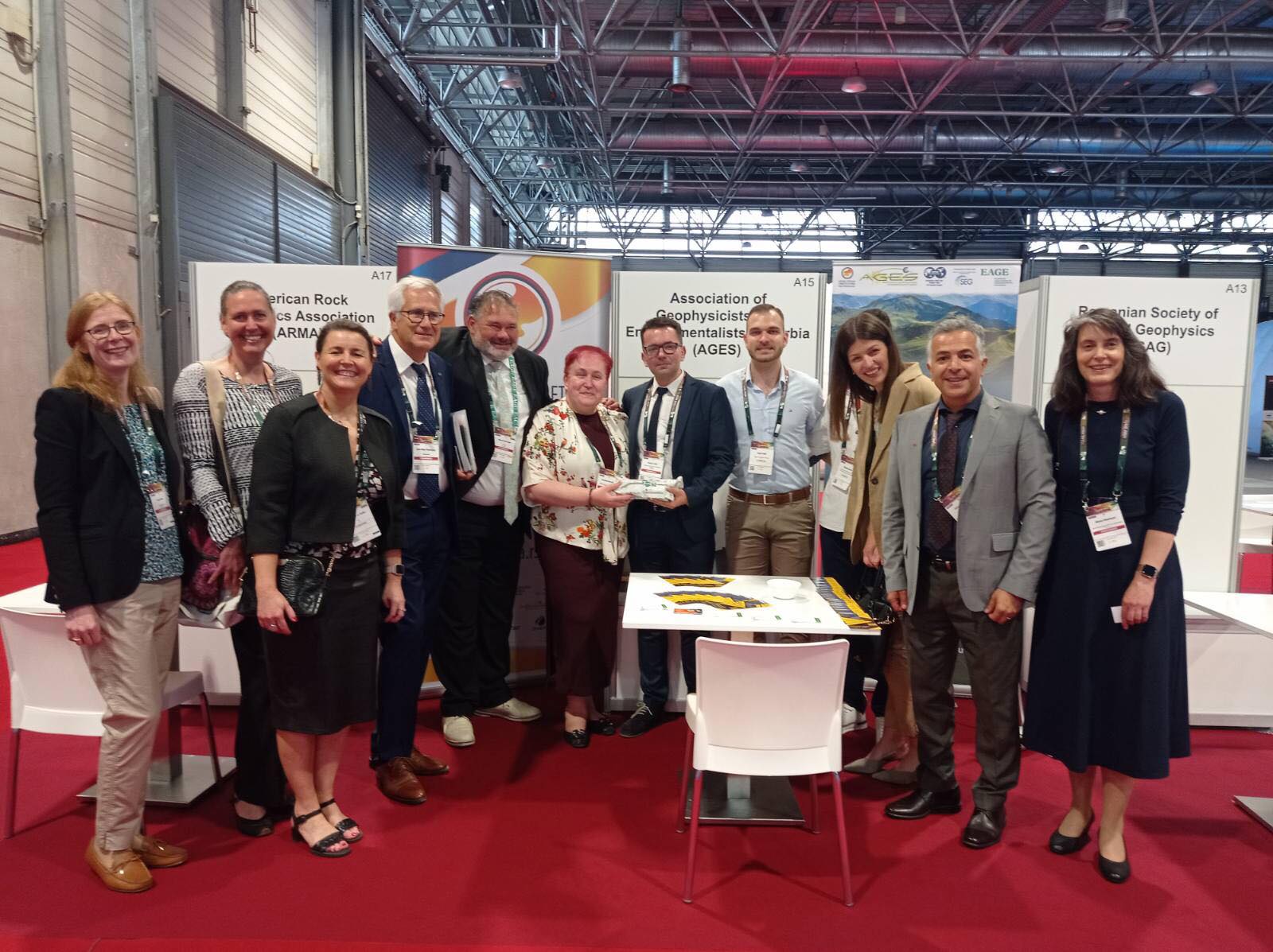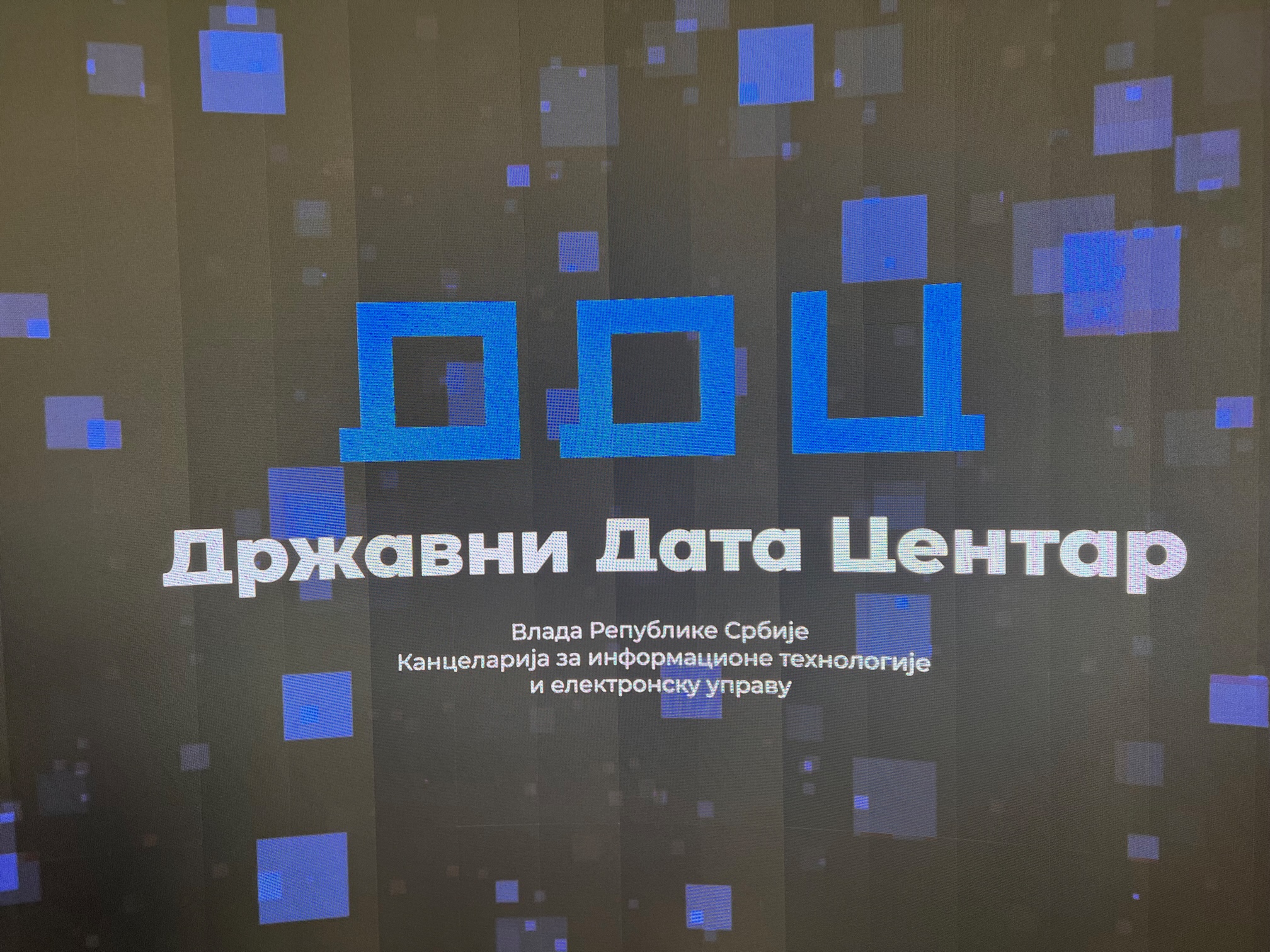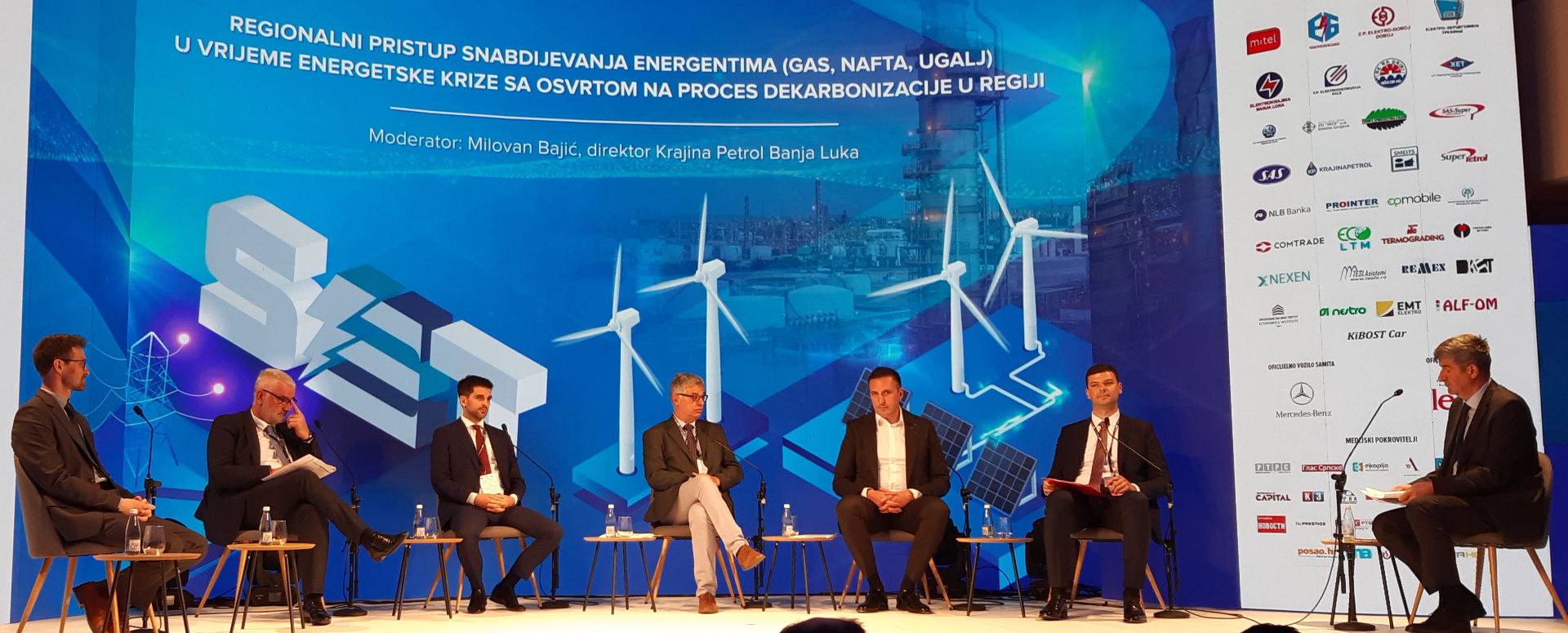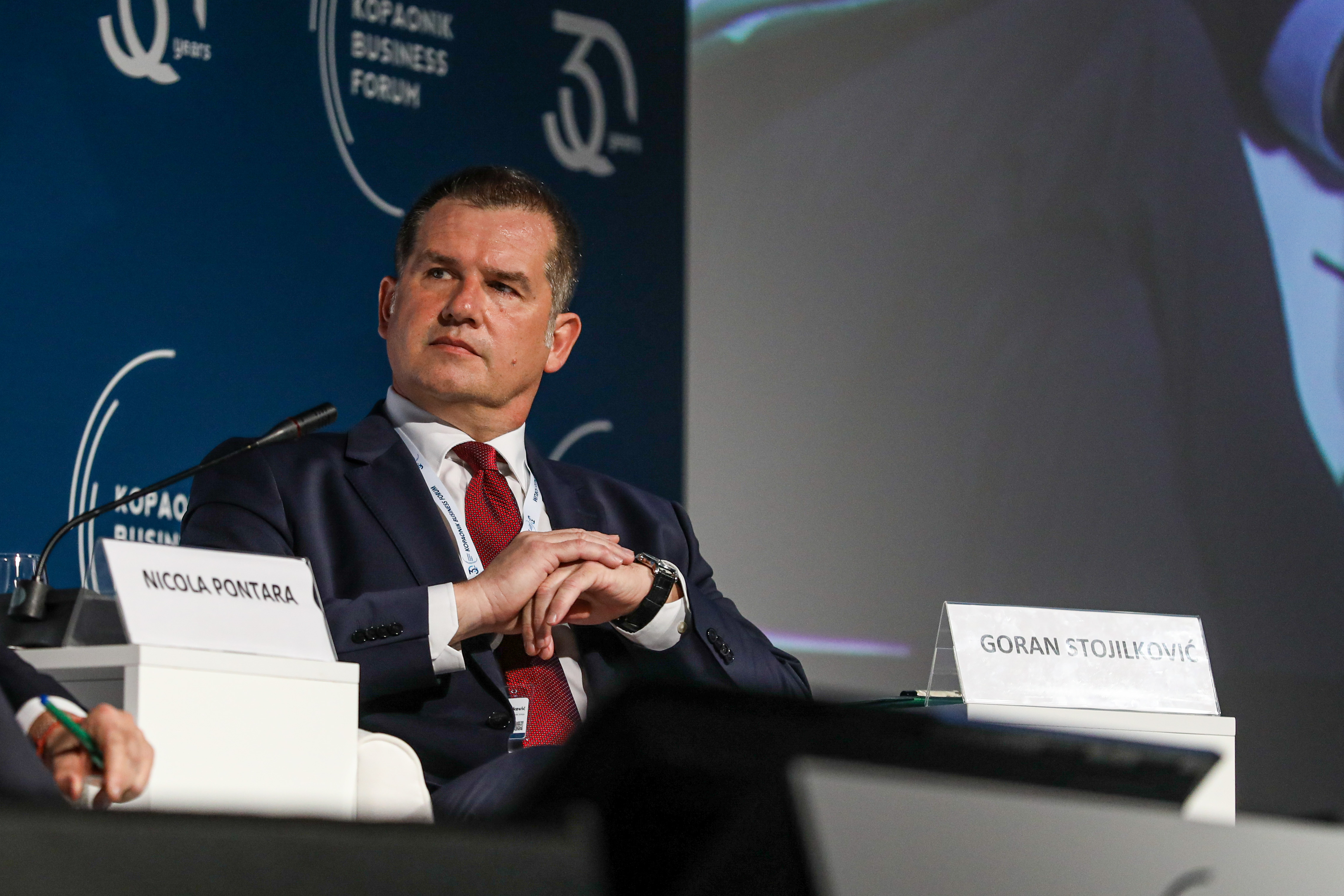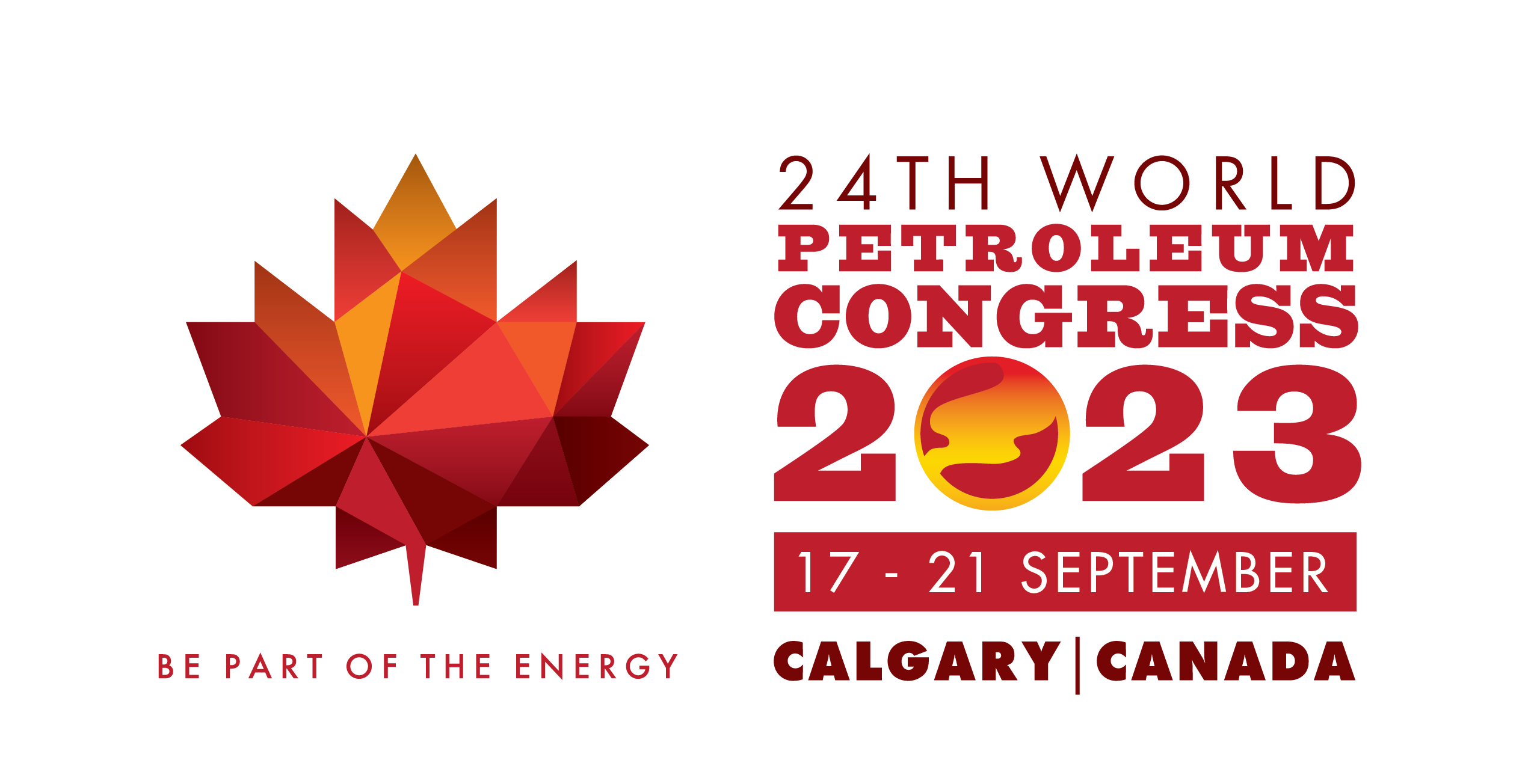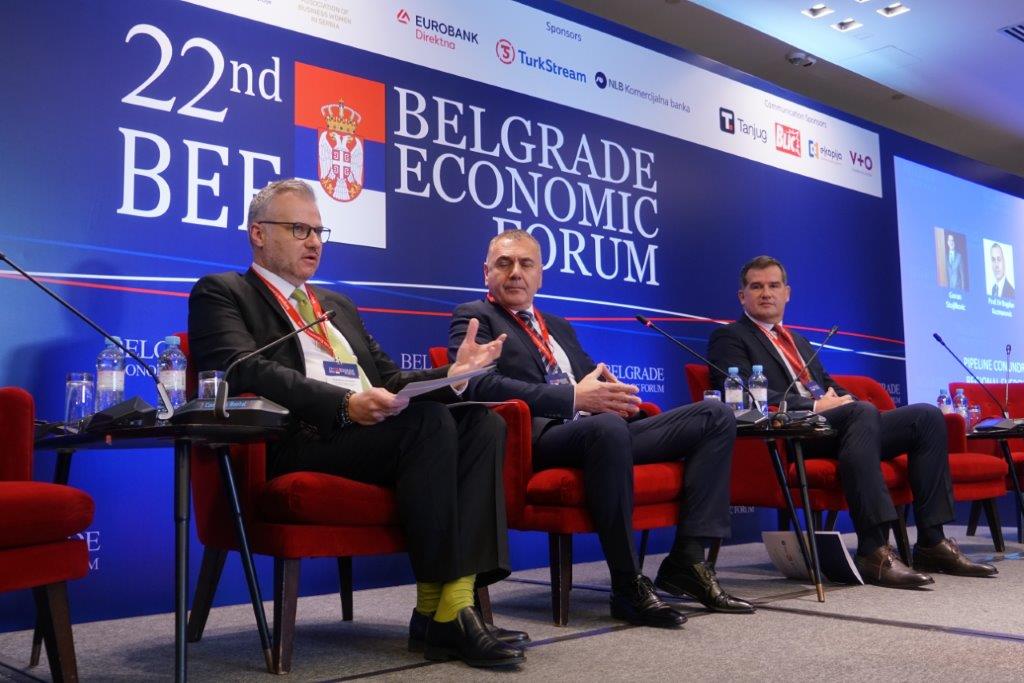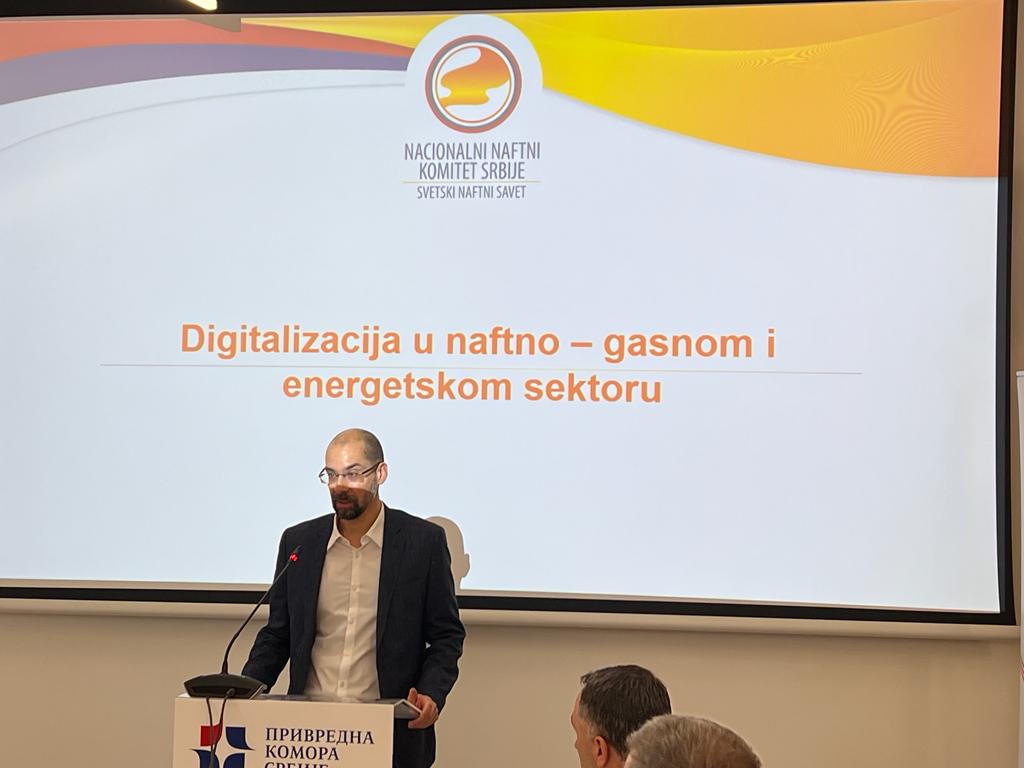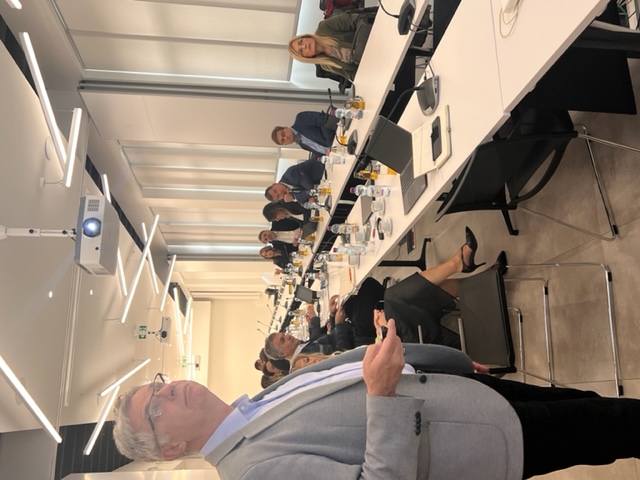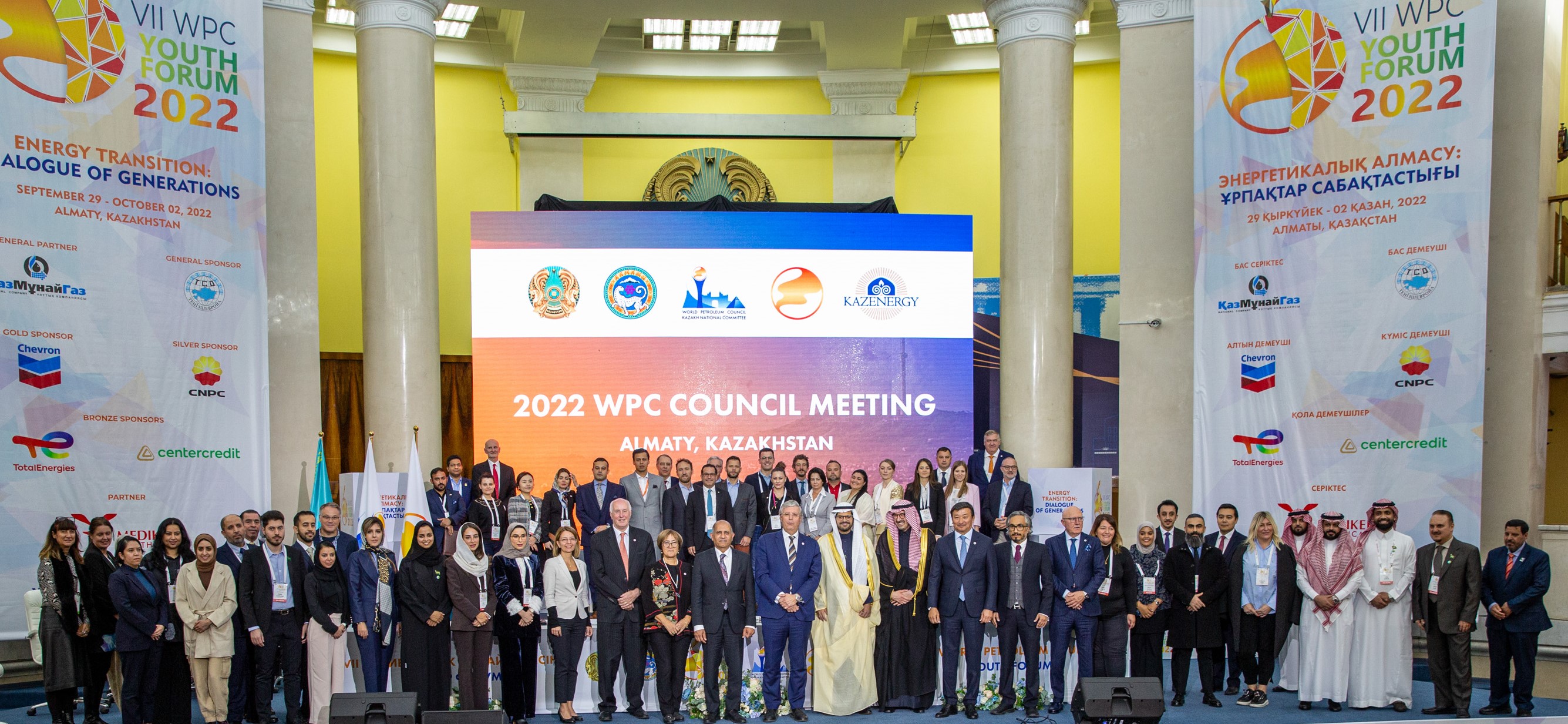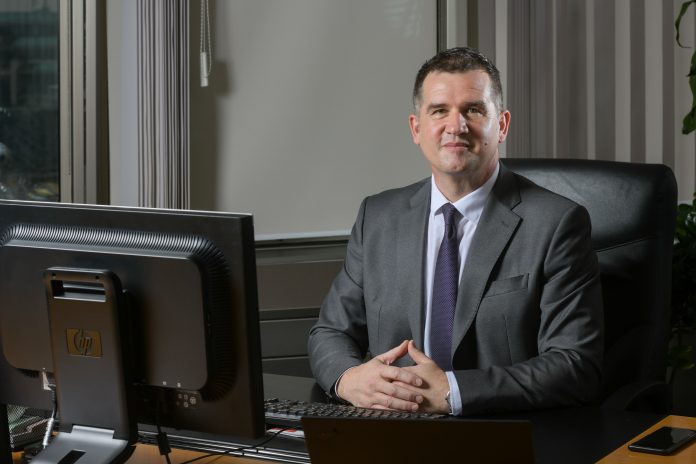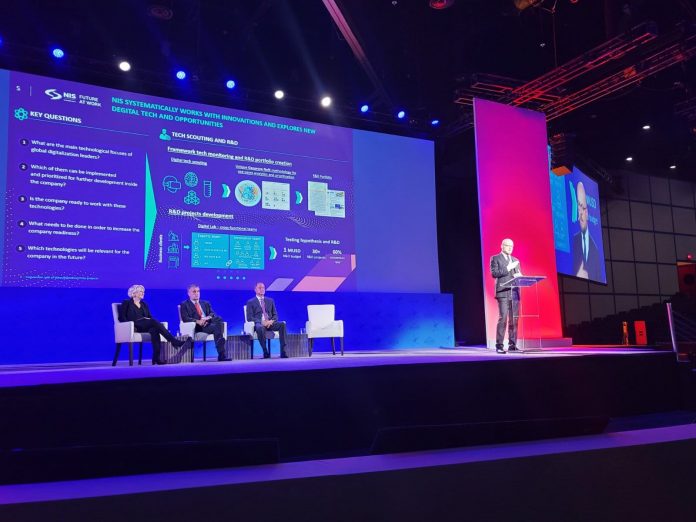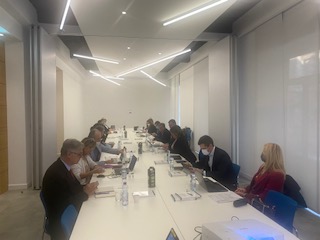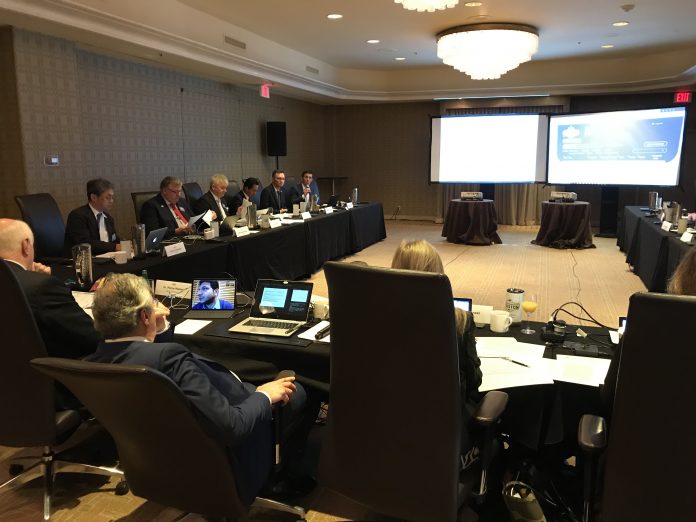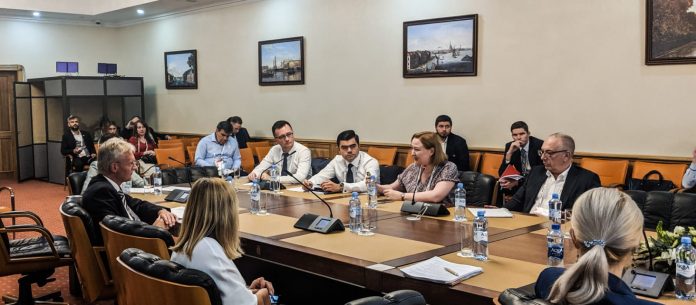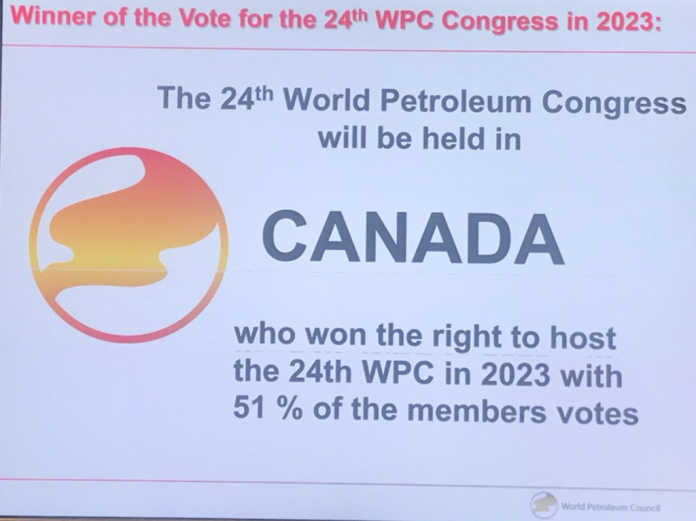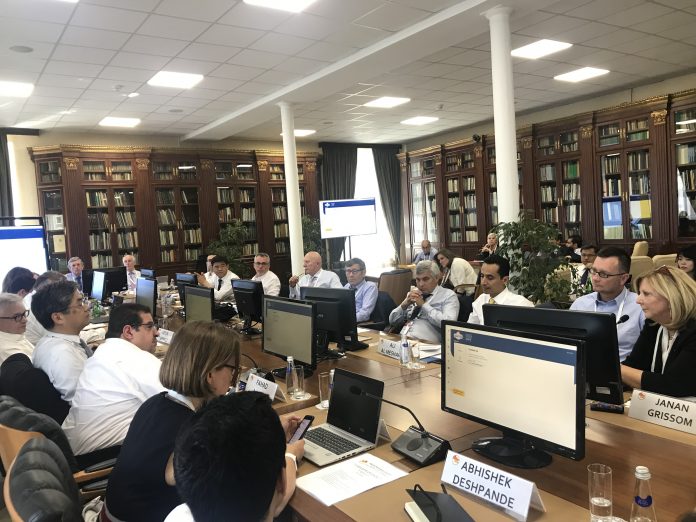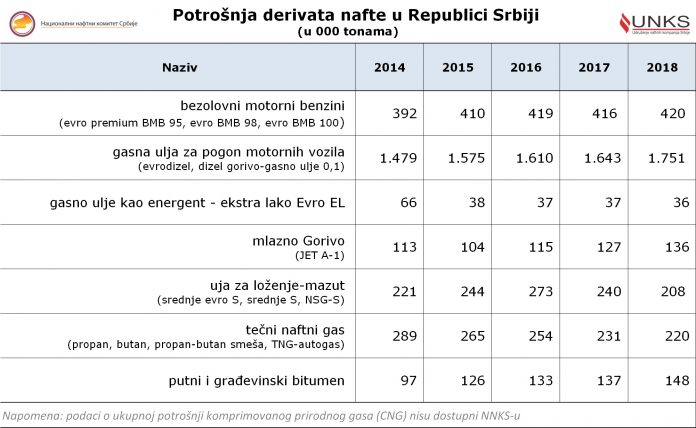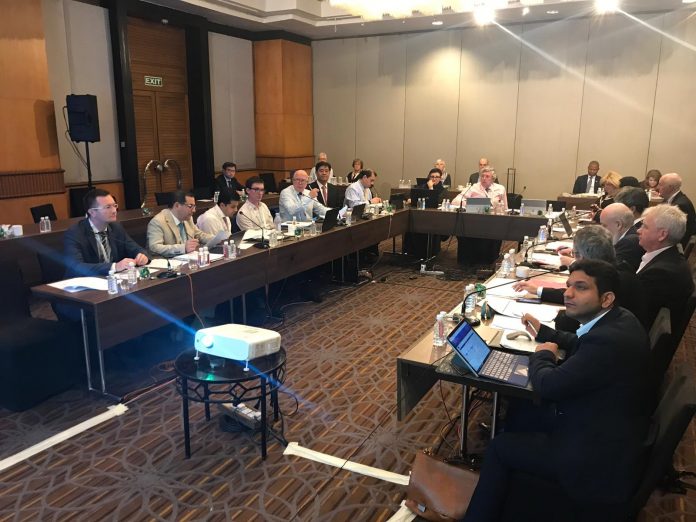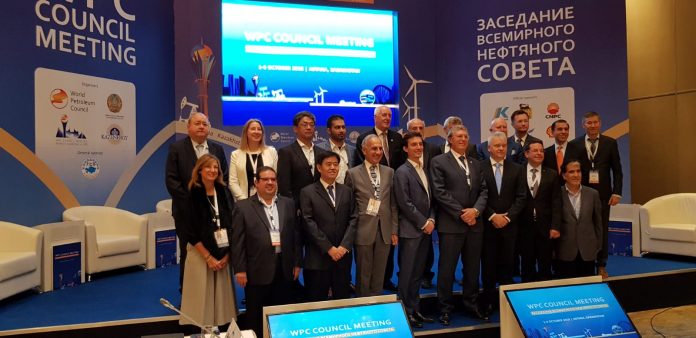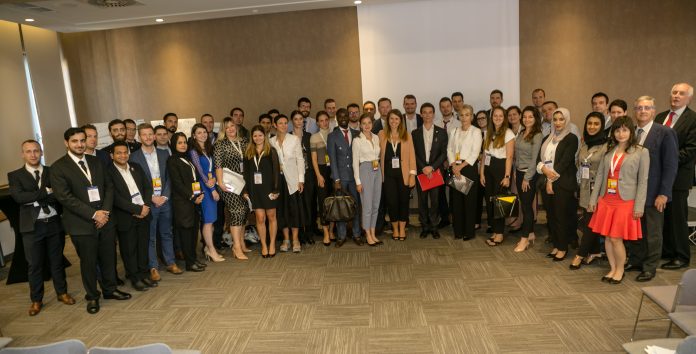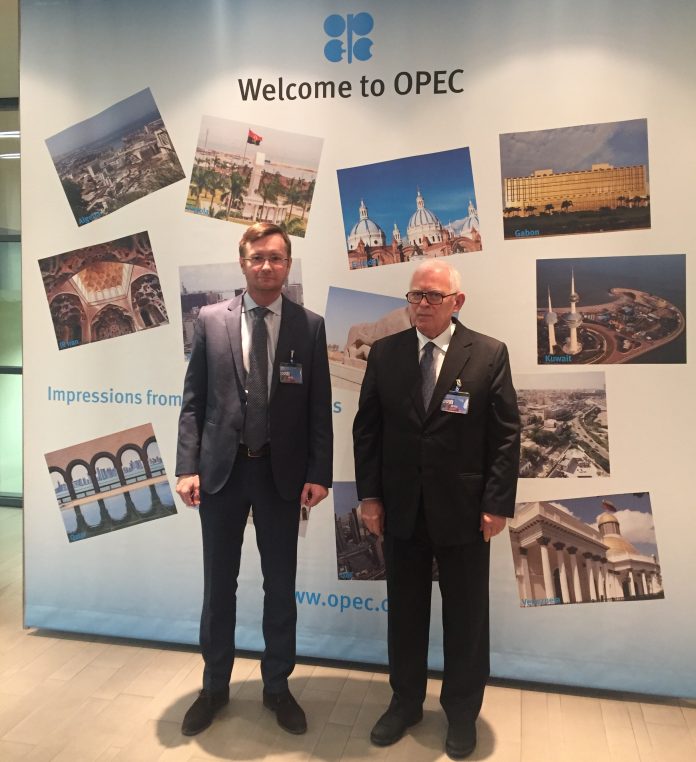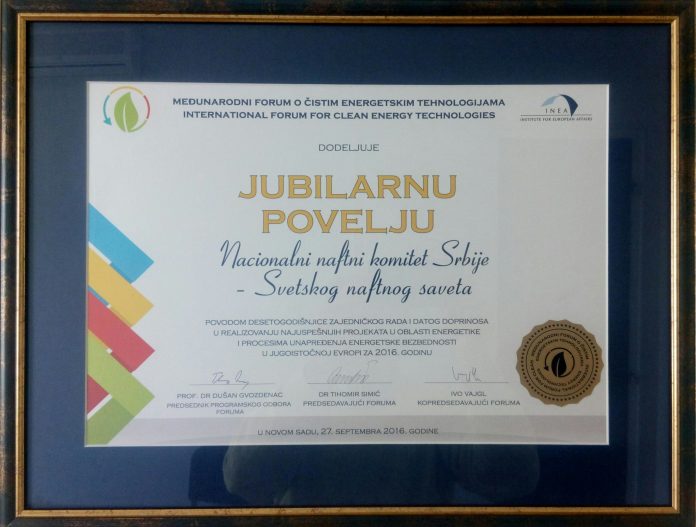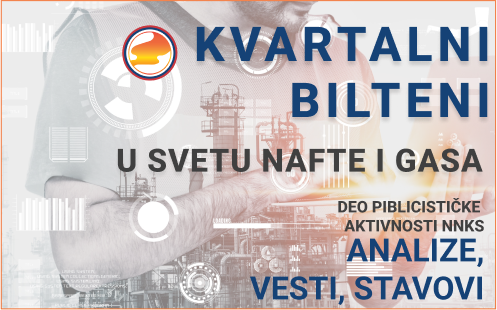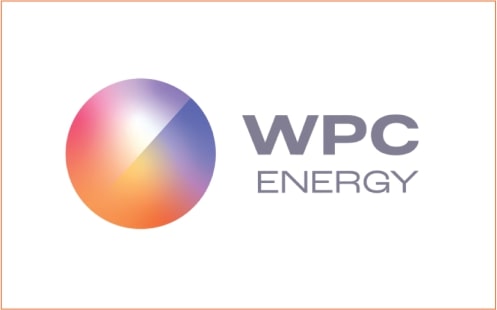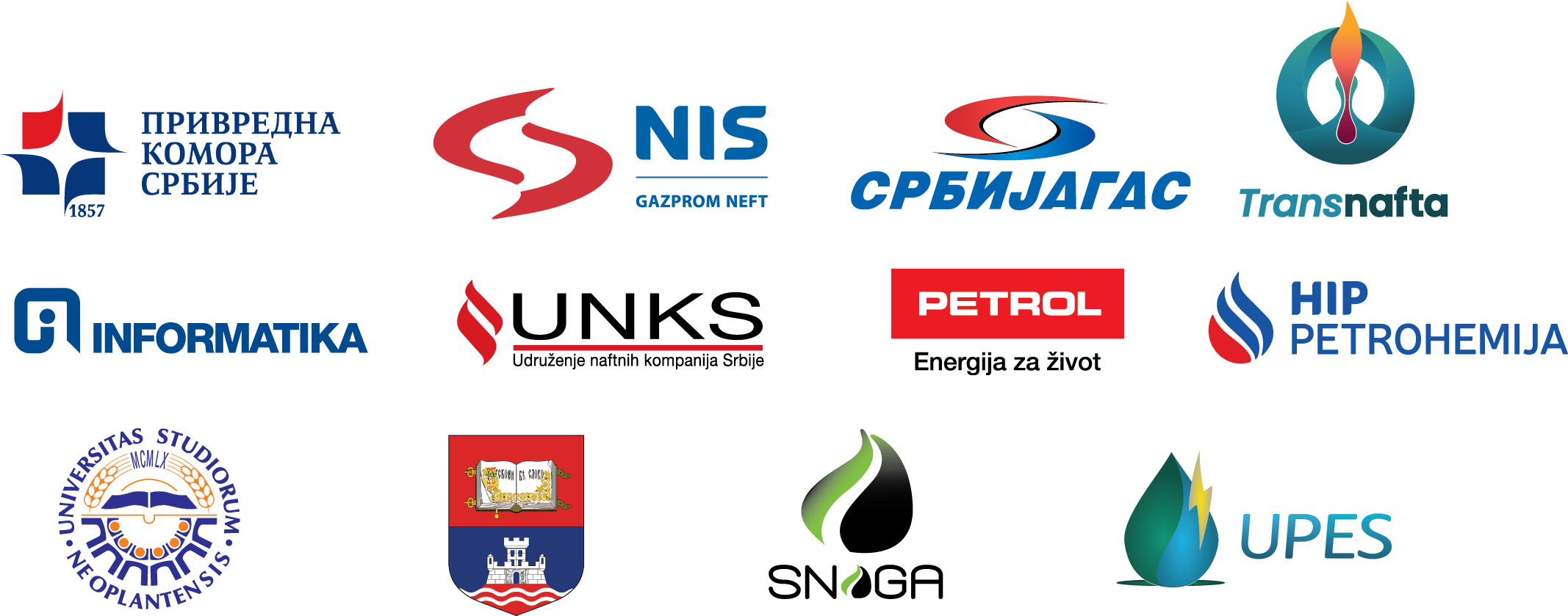*As the new President of the National Petroleum Committee, you certainly have a clear vision of future development of this important association. What are the key elements of your vision?
First of all, I would like to point out that the oil industry today is operating in very challenging times. We are expected to continue to be an important factor in providing energy for the growing needs of the markets in which we operate in. On the other hand, we have an obligation to do so in a way that contributes to the fight against climate change, i.e. by constant reduction of harmful gas emissions and care for environmental protection. In addition, we are witnessing extremely rapid and comprehensive technological changes, and it is up to us to provide effective responses to this challenge. We need to take advantage of the digitalization process to work more efficiently, safely, and to understand and meet the ever-increasing demands of our consumers. Digitalization should be our ally in reaching the strategic goals of the industry, not an obstacle. In such a constellation, I see the National Petroleum Committee as an umbrella organization of the oil sector in Serbia that will offer solutions to all the pressing matters imposed by the market today. Also, the National Petroleum Committee should continue to follow domestic and international legislation regulating our industry and strive to give, as it has done in the past, its constructive contribution to the creation of legal frameworks in the future. We will certainly remain a partner of the state in suppressing any possible irregularities on the market, as well as in preventing unfair competition. And finally, but certainly not the least important - I see the National Petroleum Committee as an institution that will decisively contribute to the development of young leaders in our industry. These are the people on whom the future of our sector depends, who understand the processes that are taking place, as well as the new technologies that are conquering the world. It is up to us to provide them with all the support, expertise and experience we have so that they can assume leading roles as soon as possible and find answers to all the challenges I talked about.
* What are the most important issues on which the NPCS will engage its potential?
I have already mentioned the key challenges we are facing today in our operations, and they are certainly the most important issues on which we need to engage our potential. The energy crisis that we are witnessing shows the full significance of our industry in global development, especially at a sensitive moment such as this affected by the COVID-19 pandemic. We fully understand our responsibility in the area of ensuring energy stability, and therefore we insist on the constant improvement of our technologies, modernization of equipment, as well as on maintaining the level of investments. Also, our strategic plans will be focused on activities to establish dialogue with key national stakeholders, expanding cooperation with other petroleum committees through regional and transnational projects and initiatives, as well as active participation and contribution to the global goals of the World Petroleum Council, of which we are an active member. We will intensify cooperation with members, primarily through the exchange of knowledge and experience through the network of this world organization, whose membership enables us to do just that.
* Do you think that regional cooperation with the WPC’s National Petroleum Committees can contribute to a more stable regional market of petroleum derivatives?
From a business point of view, it is synergy that usually gives the best results. That is why there is no reason not to continue strengthening regional cooperation and even be an example to other industries on how they can connect and collaborate to achieve stabilization. Market openness, constant improvement of cooperation, exchange of experiences, joint trainings, these are all our tools that can give positive results when it comes to national oil committees. What is even more important, our joint actions and the stability of the market certainly benefit consumers and the countries in which we do business, so this is one of the reasons why we should constantly work on further connecting with each other.
* In the past 10 years, the work of the NPCS contributed significantly to the visibility of Serbia in the work of the World Petroleum Council. What are your plans to make this visibility more pronounced?
In the past decade, our delegations recorded very notable presence at the most significant event in the world in the field of oil and gas, namely the WPC World Congresses held in Doha, Moscow, Istanbul, and most recently in Houston, at the 23rd World Petroleum Congress. At the Congress, our representatives also had the opportunity to talk with the newly elected President of the World Petroleum Council, Pedro Miras Salamanca, as well as with representatives of the largest regional and global oil companies. Such events are always an opportunity to present our work and connect with colleagues from all over the world. Also, the regional initiatives that I have already talked about and our joint presence with colleagues from the region can be a way to make our visibility more pronounced when it comes to the activities of the World Petroleum Council. Exchanging experience through the network of the World Petroleum Council and connecting with eminent experts from around the world certainly strengthens the visibility of the NPCS. The mission of the World Petroleum Council and its members is to establish and facilitate communication and identify common interests. Representatives of the NPCS participated in the World Petroleum Congress in Qatar in 2011, then in the Congress in Moscow in 2014, and we had a very notable role in the organization and participation in the Congress in Istanbul in 2017. Last year's 23rd World Petroleum Congress in Houston was marked by our participation in important bilateral meetings, by attending the technical forums as chairpersons, and we attracted special attention by presenting the digitalization project at the prestigious CEO panel. Representatives of the NPCS are always welcome speakers at the most important sessions of the conference. What is particularly significant is that we managed to have a representative of the the NPCS in this cycle as well in the WPC Program Committee, which deals with the organization of the 24th World Petroleum Congress next year in Calgary. If we take into account that the NPCS is an association of oil companies operating in Serbia, two universities, other non-governmental associations, the Chamber of Commerce of Serbia, it can be said that in terms of the number of its members and their profile, the NPCS is one of the numerous members of the WPC.
* How do you plan to strengthen the work of the Young Professionals Committee in the process of utilizing the educational potential of the Universities of Belgrade and Novi Sad, which are members of the NPCS?
I am convinced that the key word in this case is synergy. The best way to strengthen our cooperation, as well as to improve the work of the Young Professionals Committee, is to participate in joint projects with universities and provide continuous training and continuous improvement of young experts from oil companies. On the other hand, our members, oil companies, invest in young people and their education. I am not only referring to financial resources, but also to the great experience and expertise that business people have and that they share with young people. So, we are on the right track and now we just need to improve the existing cooperation and increase the number of joint activities. Also, the promotion of young professionals through the NPCS Young Professionals Committee is a strategic direction for this convocation as well. This year, we formed a new Young Professionals Committee with more than 30 young experts, both from the academic community, as well as from the corporate sector and associations. Strengthening the role of young experts in the oil and gas industry is a priority of the World Petroleum Council and its members. This can be seen in the plans for the future period, and one of the basic tasks for young leaders is to apply themselves further to the issue of rational use of energy resources, as well as the improvement of environmental protection.
* The NPCS publishing activities include: the NPCS Professional Edition, the NPCS Bulletin, weekly Magazine, co-financing program for publishing books in the field of energy with well-known domestic publishing houses. What are further plans in this area?
The publishing activity is of great importance for the communication of the National Petroleum Committee with the wider public. I think that at the moment there are not many media in Serbia that specialize in issues pertaining to the oil industry. Precisely because of this, our publishing activity is even more important both as an educational tool and as a source of current news from the oil and gas sector, analysis of the work of the global industry, different opinions and viewpoints on the directions in which the energy sector is moving. This activity of ours is even more significant when taking into account that we are working at a time when the oil sector is at a sort of a turning point. We must explain to the general public what kind of transition we are talking about and what we are undertaking to respond to the numerous challenges we are facing. That is why our communication with external publics is of great importance in the coming period.
* What do you expect from the 24th World Petroleum Congress to be hosted in Calgary in 2023?
As it is planned that the Congress will be held in September 2023, we are certainly facing a very dynamic period in which we will encounter numerous challenges. I expect that then the issues of energy transition, green energy, gender equality in our sector will be even more current. WPC members, quite expectedly, have different views on these issues and the organization of the meeting will be all the more challenging. It must be well prepared and the NPCS will actively participate in the preparation of the program and in the organization of the Congress itself. We will actively work on the preparation of the program and the selection of speakers for panels and strategic sessions, technical forums and dialogues. This will certainly further contribute to increasing visibility of the NPCS in the work of the WPC, which is our goal.




